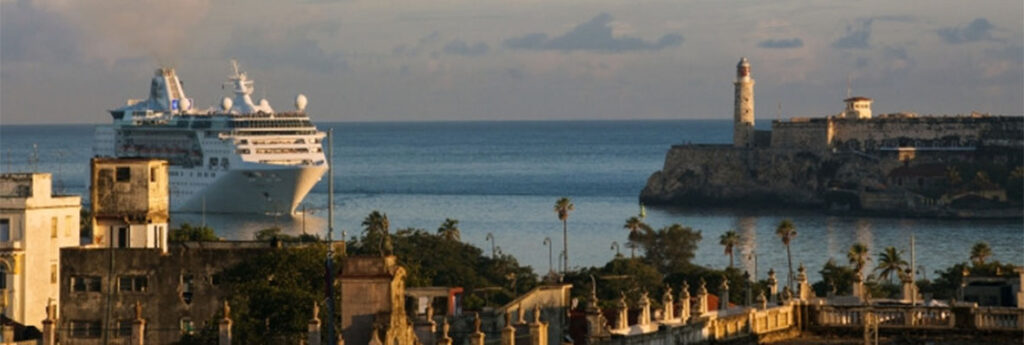Four cruise lines have been sentenced by a US judge to pay a total of nearly US $450 million for having used a Havana port nationalized by the Cuban government in 1960. Friday’s ruling by a Florida federal judge requires the Carnival, MSC SA, Royal Caribbean and Norwegian lines to pay $109 million each, plus court costs, to Havana Docks, an American company that held the concession to use that facility.
Havana Docks was deprived of its right to use the port following the Communist revolution in Cuba.
The United States has imposed an economic embargo on the island since 1962.
President Barack Obama eased its terms in 2016, allowing cruise lines to make stopovers in Cuba, but his successor, Donald Trump, reversed that decision.
The court found that the defendants, all of which made port stops in Havana, had “derived significant amounts of revenue — in the hundreds of millions of dollars each — from their wrongful trafficking activities, and to plaintiff’s detriment,” Judge Beth Bloom wrote.
The current ruling is based not on the embargo, however, but on a provision in a 1996 law, the Helms-Burton Act, that had remained inactive until now.
At the time, the US Congress wanted to discourage investment in Cuba by allowing any American whose assets had been expropriated by the Castro government to sue those who profited from its use.
However, American presidents had all suspended application of the measure until Trump decided to let it take effect in 2019.
A number of legal actions followed Trumps decision, but the case involving the cruise lines – all of which are registered in other countries but have major presences in Florida – is the first to be resolved, and though it is subject to appeal, it could deter potential investors and have serious repercussions for the already crisis-hit Cuban economy.
In March, Judge Bloom had found the four cruise lines guilty of “trafficking” and engaging in “prohibited tourism.”
The cruise lines had argued that the Obama administration had authorized their travel to Cuba and that they fell under a “lawful travel” exception, but Bloom rejected that.
The decision is being hailed as a major win for the Cuban exiles whose companies and properties were seized by the Cuban government during the rise of Fidel Castro. Many are seeing this as a possible avenue for claiming reparations over the properties that were seized from them by the Cuban government.

